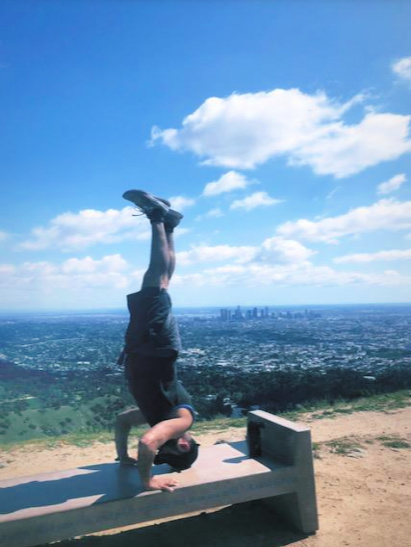Like so many of us right now, we are glued to our phones reading every news headline we find. Just today, I came across two articles that made me stop and think. The first one blasted people who crowded the beaches and hiking trails this weekend as irresponsible and selfish. The second piece questioned whether students engaging in learning via online, TV, or traditional paper resources were actually learning anything at all during this time of crisis. As an extrovert that loves running in groups and a public school teacher, I quickly became defensive when reading those articles. Then, I reflected.
I am partially embarrassed to admit that I was one of those “millennials” on the busy hike trails this weekend. Though I can present valid excuses like the fact that the mayor’s mandate did specify that hiking was okay, or that I had no idea the trails would be that full, I am not going to. I made a mistake. I should have driven to a more remote trail as soon as I saw the full parking lot. Or I should have simply gone home and stayed there.
This leads me to the topic of the second article, are children learning during this time? The answer is yes. Educators like myself can try our best to pivot to online learning or find a way to use TV programming to teach our children, but the reality is that to do any of it effectively is going to take time. Lots of it. So what are our students learning during this time, they are learning from our actions. They are learning how their role models react, adapt, and cope.
Take me for example, I made a mistake by going to Griffith Park this weekend. But my job now as a citizen, is to adapt and learn from that mistake. Same goes for parents at home. The way that we react to breaking news, the way we make decisions based on new information, and the way that we remain calm and optimistic is the biggest lesson that we can give our children. Maybe it will be something as serious as teaching our young ones about xenophobia. Or maybe, it will be something simpler, like buying one case of water instead of five, because others might have need for it too. These lessons will undoubtedly be more profound than anything they click on with their iPads.
Educators talk a lot about finding a “teachable moment”… well, here it is.

